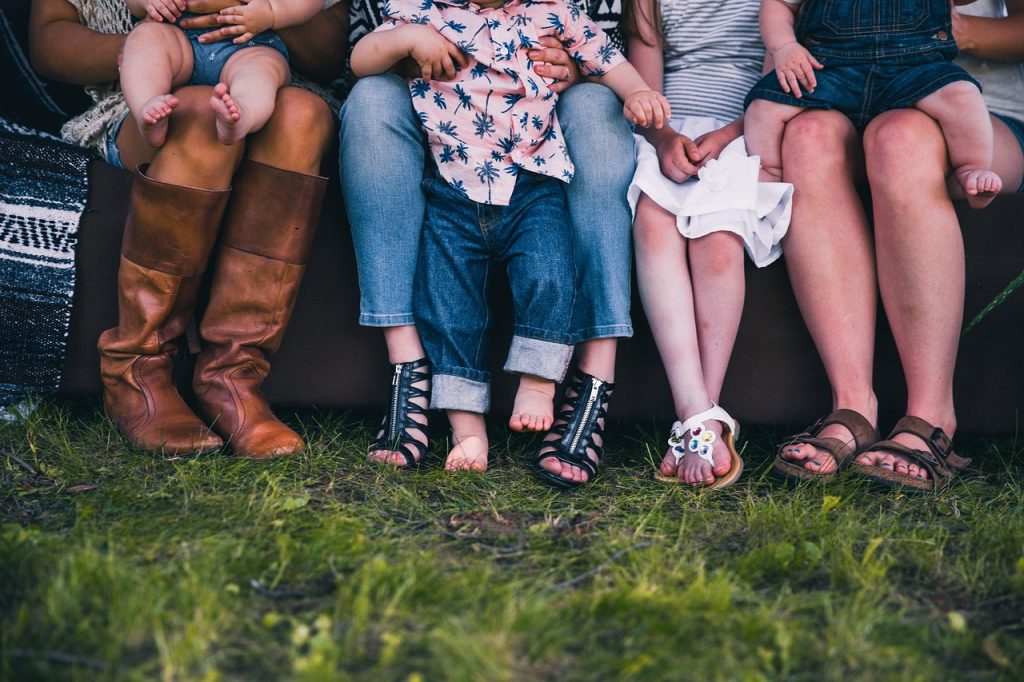Opposing an adoption application
Written by Emily Boardman, partner at Boardman, Hawkins & Osborne LLP
In my last article, I dealt with applications that can be made by the birth family prior to placement with prospective adopters. Here, I deal with a birth family seeking to oppose an application for an Adoption Order.
Prospective adopters usually submit their application for an Adoption Order in consultation with both their social worker and the child’s social worker. They should be informed at that stage of the possibility that the birth family could seek leave of the court to oppose their application and how it will affect and delay the process.
Leave application
In order to oppose the making of an Adoption Order, a birth parent must first show a Judge that there is a change in circumstances (theirs or the child’s, which is of a sufficient nature or degree) and that their application should be considered. This first step is called the leave process – they are asking for leave (permission) to make the application.
Applications for leave are not particularly unusual, and most do not succeed. What I usually see is birth families, without lawyers, writing to the court to say they do not want the Adoption Order to be made. Most courts will consider this to be an application for leave to oppose, and an extra hearing will be listed so that the birth family can explain to the Judge why they should be able to oppose the application. Prospective Adopters do not usually attend that hearing, but the child’s social worker (and her lawyer) should do.
It is relatively easy to show a change of circumstance, some examples could be: a period of abstinence from drugs and/or alcohol; a new relationship that is healthy, supportive, and not violent; a period of therapy; having another child who remains in the applicant birthparent’s care; or even in rare cases a family member who is available to care who they believe should have been assessed (if these assessments are dealt with correctly in the care proceedings this should rarely crop up).
Child’s welfare
It is harder to persuade a court in respect of the second part of the test, i.e. that the child’s welfare demands that the application for leave is allowed, or that the prospects of successfully opposing the adoption are high (it is not necessary to establish a high prospect of success of having the child returned to the birth parents care at this stage).
Remember that if leave is given, it does not mean that the application to oppose the Adoption Order will succeed, but it does mean further delay while the Court considers the main application to oppose. The main application will be listed for a separate court hearing following a successful leave application.
The application to oppose an Adoption Order
Most birth parents do not get this far, but if they do, they must persuade the court that the Adoption Order should not be granted, which is a very different legal test from the leave application.
At this stage, the Court must consider the child’s welfare and the Judge must carefully balance the positives and negatives of each option. The child’s welfare, including his welfare interests throughout his whole life, is the most important consideration.
When looking at welfare, it will be necessary to look at how it would affect the child to be moved from the prospective adopters back to birth family.
It is extremely rare that birth families succeed in opposing an Adoption Order. I am aware of only a handful of cases where a child was returned to his birth family at this point.
In practice, my firm hears from a lot of birth parents who wish to make these applications, but very, very few who meet the criteria to do so.
Opposing an adoption application: Appeal
If leave is refused or the main application is refused, a birth parent has the right to appeal that decision. They have 21 days within which to do so.
Practical implications
Because these applications are often made by birth families without lawyers, the prospective adopters need to be protected from being identified by accident. They also need to ensure that if they are not present at hearings, someone is representing their interests. Usually, I would expect the placing Local Authority to be doing this, but I would encourage prospective adopters to ensure that they are having these conversations with the assistance of their own social worker.
In my previous article, I said that prospective adopters do not usually need legal advice when an application is made by a birth family before placement.
My view about an application made for leave to oppose an Adoption Order is different. Prospective adopters really should consider whether to obtain legal advice in these circumstances. The Local Authority should agree to fund some initial advice about the legal process so that prospective adopters know what to expect.
Thereafter, it may be necessary for prospective adopters to be legally represented. In some circumstances, the fees for the legal representation of adopters may be paid by the Local Authority.
An application for leave to oppose an Adoption Order will delay the making of the final order. How much delay will depend on the court making sure that hearings take place as quickly as possible – and sometimes that depends on proactive lawyers.
One impact that Covid has had on family proceedings has been the move into remote hearings – hearings conducted by video link. It is my view that these create an excellent opportunity for prospective adopters to attend hearings anonymously if they wish to, where they previously could not.
A final thought
It is my experience that birth families making these applications are desperate. They are not usually taking steps to simply delay or frustrate a placement – they want their children back and want to be able to demonstrate to their children and their wider families that they have done everything that they could to achieve this. If the processes work as they should, these applications should be dismissed swiftly when they are without merit.

Head to the adoption section to read articles about the assessment process, placement and more.



